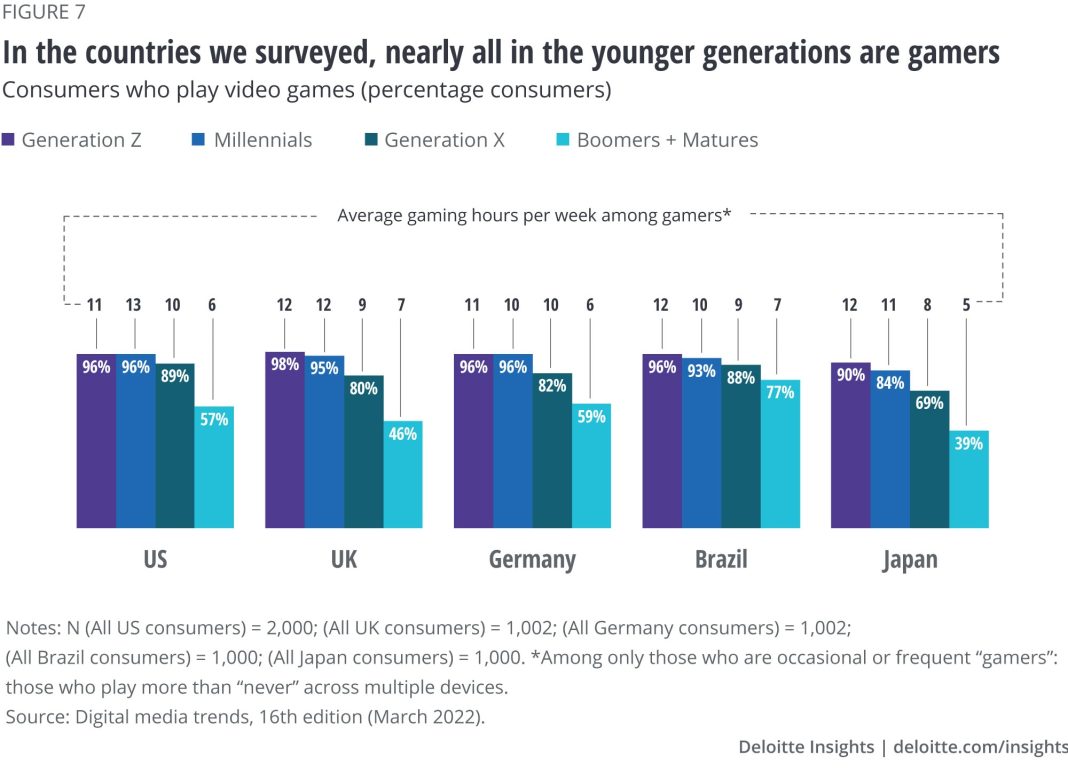Neuralink, Elon Musk’s brain implant startup, is opening applications for a second human trial participant to test its device. This announcement comes after the company implanted a brain chip into its first trial participant, Noland Arbaugh, five months ago. Arbaugh, who has been quadriplegic since a diving accident in 2016, has expressed that the implant has greatly improved his quality of life. He can now control a computer cursor with his brain, giving him a newfound sense of purpose and independence.
Neuralink’s objective is to develop brain-machine interfaces that connect human brains to computers, offering potential solutions for paralyzed individuals and those with visual impairments. By collecting and interpreting electrical signals from the brain, the implant could allow people to control smartphones or computers and regain lost sensory functions.
The ongoing trial, known as the PRIME Study (Precise Robotically Implanted Brain-Computer Interface), aims to assess the safety of Neuralink’s implant and surgical robot, as well as test the device’s functionality. The company is enrolling trial patients with limited or no hand function due to cervical spinal cord injury or amyotrophic lateral sclerosis (ALS). During the procedure, a chip is surgically placed in the region of the brain responsible for voluntary movement. The chip records and transmits brain signals to an app, initially enabling participants to control a computer cursor or keyboard using their thoughts.
Despite initial success, Noland Arbaugh encountered complications when his implant experienced decreased data processing speeds and performance. He expressed his frustration and disappointment but acknowledged that this setback was part of the learning process. Neuralink’s co-founder, DJ Seo, emphasized the importance of clinical trials in identifying and addressing issues before bringing the technology to market.
It is essential to note that widespread access to Neuralink’s brain implants is still a distant reality. Before reaching the broader market, regulatory approval will be necessary. While Neuralink continues to refine its technology, the company remains committed to pushing the boundaries of brain-computer interfaces and helping individuals with paralysis and other disabilities regain independence and functionality.
In conclusion, Neuralink’s ongoing human trials and the recent call for a second participant indicate the company’s dedication to advancing brain implant technology. By constantly learning from setbacks and making improvements, Neuralink aims to revolutionize the lives of individuals with physical impairments. However, it is crucial to manage expectations, as widespread availability of these implants is contingent upon regulatory approval and further development.


